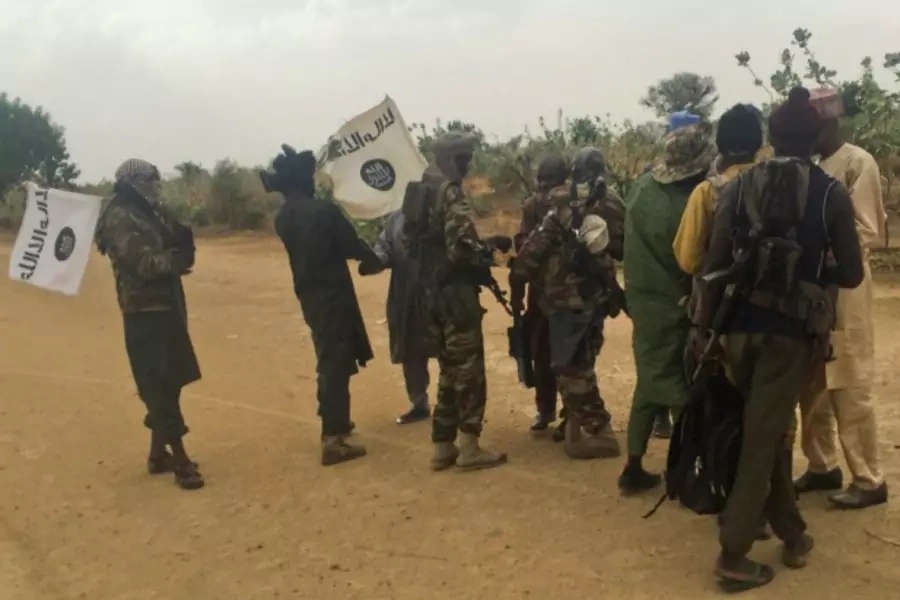Boko Haram Likely to Kidnap Foreign Aid Workers in Nigeria

In early May, American and British authorities warned that Boko Haram intends to start kidnapping foreigners, most of whom would be aid workers in northeast Nigeria. (There are virtually no other Europeans or North Americans in the region.) The warning, carried by wire services, is specific: the British are saying that Boko Haram is targeting aid workers around Bama, the site of particularly grisly Boko Haram murders.
Jihadists and criminal groups have long targeted foreigners in the Sahel for kidnapping. It is highly lucrative and is a major source of funding for terrorist activity. Though western governments and big corporations regularly deny that they pay ransom, there is anecdotal evidence that they do, with the notable exception of the United States and the United Kingdom. Both of those governments are under pressure from their own citizens to do so, especially when there is a high-profile kidnapping that is the focus of media attention. In such cases, the media regularly portray heart-rending stories of desperate family members pleading to be allowed to try to raise ransom, an activity that is probably illegal under American and British law. Indeed, there is evidence that citizens of western European countries that do pay ransom have a much higher survival rate than American or British kidnap victims.
More on:
American and British policy is logical: to fight terrorism you must starve terrorist organizations of funds, of which ransom is one of the most important. But, that is cold comfort to the families of kidnap victims and poses challenges for administrations in an emotion and media driven age.
More on:
 Online Store
Online Store